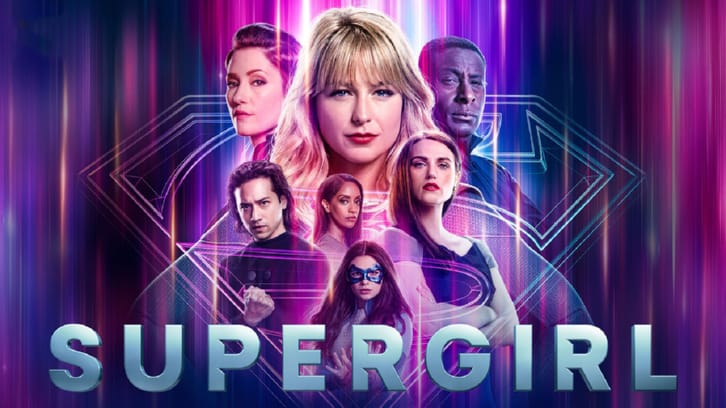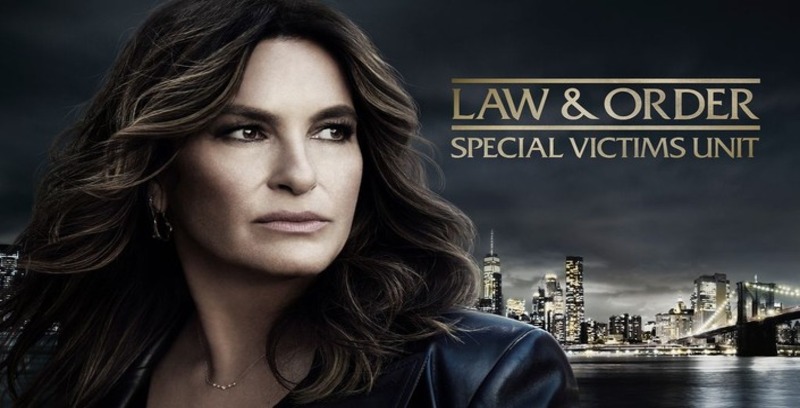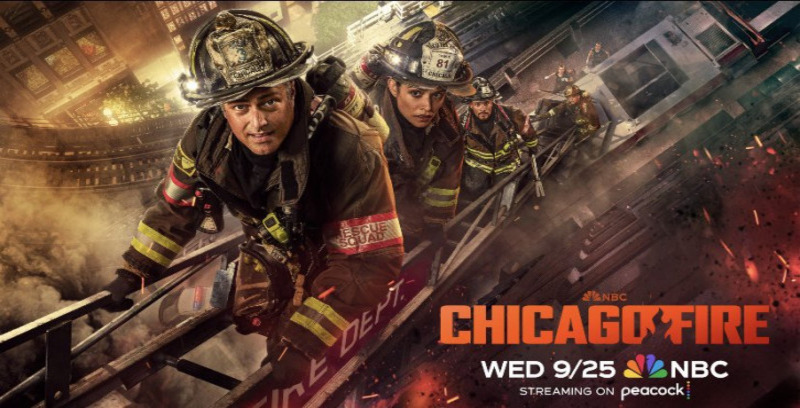
Episode 12 of Supergirl’s final season, Blind Spots almost asks too much of viewers with another attempt at telling a social issue story. Sometimes the episode juggles the characters and story well, and other times misses the mark with awkward pacing and questionable storytelling choices. Out-of-character decisions and responses distract from an otherwise gripping episode.
Later, in an awkward scene, everyone faces Kelly as she lets them know how they failed and how that made her feel. Everyone stares at Kelly with blank faces, even as Tesfai delivers some of the strongest work the show has allowed her to. Most of the characters in this episode don’t act in a way that makes sense with who they are, often acting as if they are teenagers or very young adults with very little grasp of reality or life experience. Kelly hitting a breaking point makes sense. But the way the show pushes her to that breaking point doesn’t make sense for who the other characters on this show are. In order for Kelly to step into her power, to take up the Guardian mantle, to challenge her friends on their priorities, privileges, and responsibilities, the show doesn’t have to make everyone else immediately become a generically awful version of themselves.
If this were a show that explored how superpowers can desensitize individuals to the struggles and suffering of regular people, these storytelling choices might work. Kelly’s entire arc in this episode is powerful, from the scenes in the hospital to her choice to become Guardian. Unlike the head-scratching final season transformation another character is experiencing, Kelly officially embracing her role as Guardian has been effectively set up in recent seasons, ensuring the payoff is worth the journey. Kelly becoming an advocate for people who have lost hope (in a world where a superhero’s theme song is the power of hope) deserves a more thoughtful kickoff than the Superfriends all decided to be the worst one day. (The episode also weirdly posited that CatCo could only cover ONE news story, and Andrea chose traffic jams rather than a building collapse. Similarly, Lena apparently only had the ability to read ONE text message on her phone).
In terms of other story elements, the Councilwoman making the other people sick by drawing on the power they are infected with works well. Jhaleil Swaby’s Orlando continues to be a fantastic addition to the show, and the tease that he might run for city council offers hope the plight of the Ormfell residents will get more attention. Hopefully, someone will also help the now-homeless Ormfell residents find a place to live in the meantime. The standout performances of this episode belong to Tesfai, Swaby, David Harewood, and David Ramsey, returning for another Diggle Arrowverse Check-In. Diggle and Kelly’s scenes succeed both as character and story development. Diggle’s recounting of his often-fraught dynamic with Oliver Queen (Stephen Amell) also doubles as welcome connective tissue for the Arrowverse, the worlds of which have never felt further apart. Brainy (Jesse Rath)’s remark about generational scars and the persistence of discrimination and racism in the 31st century (despite it being “so much better”) was a massively bleak footnote to the conflicts portrayed int this episode. (One wonders if it’s also foreshadowing a trip there, as many moments have this season). Brainy also suggests Kelly has the power to change the future, leaving it unclear though whether that suggestion is just positive motivation.
The scene where Kelly has the heart-to-heart with Kara and tells her how to help (by listening, by hearing, by believing, by supporting, by recognizing that “guilt is an inactive emotion”) is timeless. It’s also a reminder that marginalized communities, oppressed communities, shouldn’t be the ones having to do all the education on how to help. The scene that J’onn and Alex (Chyler Leigh) share is also powerful, a reminder of how blessed the show is to have a character as complex and miraculously well-developed as J’onn. And the ending scene between Kelly and Alex is very moving. While it’s likely the callous attitude infecting the Superfriends this episode was just a one-time plot device, “Blind Spots” is a reminder that Supergirl’s strength is found in its characters, not in its execution of Very Special Episodes.
What were your thoughts regarding Blind Spots and Kelly becoming Guardian? Share them in the comments below.


















